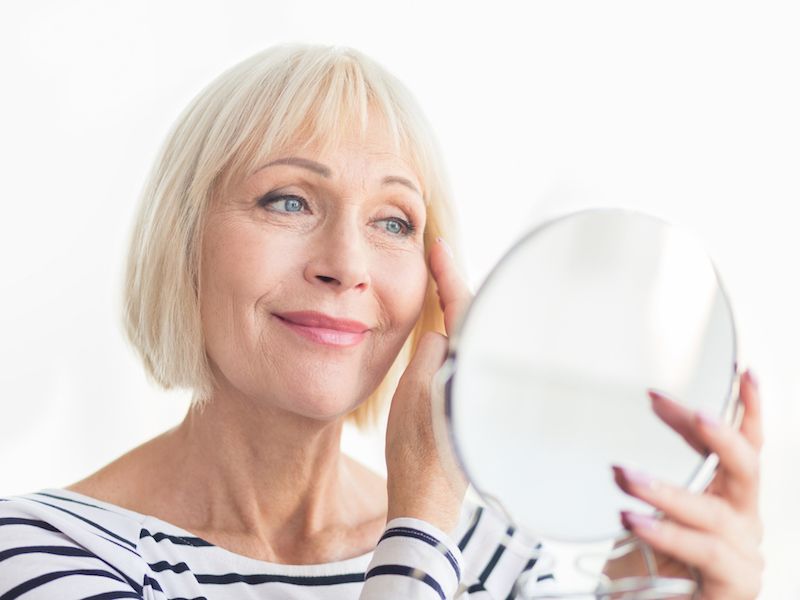
Everybody wants to stay young for as long as they can. We spend a great number of hours trying everything we can to stay young. From special diets to fad workout programs to Botox to wrinkle creams. And yet, even with all that effort (and all those hours), the one thing that may actually work, we tend to avoid: wearing ear protection.
Many people probably think of hearing loss as inevitable as we age. But it’s not that easy. You can keep your hearing in great condition and help prevent damage by protecting and taking care of your ears. And excellent hearing can have considerable anti-aging benefits as the years go on.
Aging And Hearing
When we talk about “aging” we don’t normally mean the actual passing of time. Instead, certain mental. emotional, or physical changes are indications that somebody is getting older. Pain in your joints is a perfect example of this. When your knees start to bother you, you may associate that with “growing old”. But it’s not age alone that leads to the problem (your daily 5-mile run could have something to do with it, too).
The same will also apply to many kinds of hearing loss. As you get older, damage builds up. And in most cases, it’s the build-up of damage that leads to the actual hearing deterioration. And it’s typically downhill from there. Several other signs of aging have been linked to hearing loss:
- Research has shown a robust link between neglected hearing loss, depression, and anxiety.
- In some situations, the mental strain involved in attempting to hear can lead to problems such as loss of memory or insomnia. And, in an especially profound way, that can make you feel like you are aging.
- When hearing impairments are undetected and neglected they can sometimes accelerate the onset of other mental health issues, including dementia.
- Self isolation from friends and family can be the outcome of untreated hearing loss.
So How do I Fight Age-Related Hearing Loss?
When you combat the “signs of aging” in your ears, you’re really placing an emphasis on preventing damage. And it’s fortunate that we can accomplish that using several methods. Here are a few things you can do:
- Raise your awareness. It isn’t just the painfully loud noises that can result in harm. Your hearing can also be injured by moderate noise if you are exposed to it for long time periods.
- Steer clear of loud noises as much as possible. If you have to expose yourself to loud noise, wear hearing protection. So when you go see that concert with your favorite musician, be certain to wear earplugs.
- Wear ear protection to work if your job exposes you to loud noise. With modern high quality ear muffs, loud sounds are filtered out while voices are still able to be heard with clarity.
Your ears can be safeguarded by all of these steps. But if you want to keep your hearing in good condition you can do one more thing: come see us for a hearing test. Making sure you undergo hearing screenings with regular frequency can help you discover hearing loss before it’s even recognizable. You should still get a screening even if your hearing is fine so that you can have a standard to compare against in the future.
Keep Your Hearing Healthy With Hearing Aids
The world we live in can be boisterous. Your ability to prevent damage is crucial, but you may eventually detect some hearing loss even with your best efforts. If that’s the case, it’s vital that you get help as quickly as possible. A good pair of hearing aids can help prevent some of the so-called age-related problems related to hearing impairments.
Hearing aids can help your ears function more youthfully, sort of like a facelift for your ears. And dementia, depression, and other problems can be prevented. The analogy isn’t ideal, as hearing aids are essential and a facelift isn’t, but you get the point. You might look younger if you use wrinkle cream. But if you actually want to fight aging and feel a bit more youthful, your best choice is to protect your ears and take care of your hearing loss.
